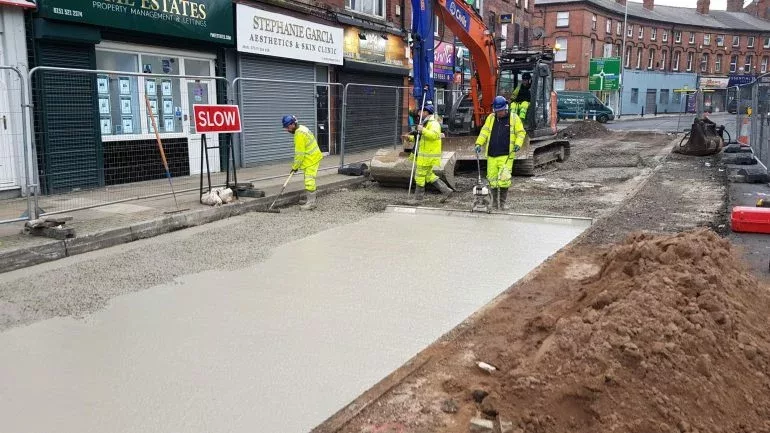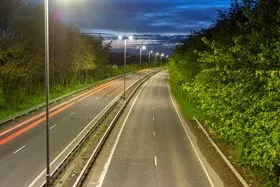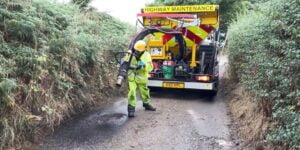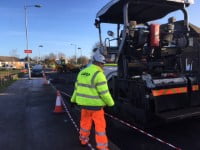Liverpool City Council has turned to Artificial Intelligence in a bid to improve the state of the city’s roads.
The council’s Highways and Transportation team has set out a new evidence-based strategy using a mix of AI and photography to devise a multi-million pound programme that will improve more than 100 roads over the next 12 months.
A report to be debated at the council’s Cabinet this Friday has outlined a £34.6m highways improvement programme that has identified the roads in the worst condition.
The new data-led process has divided the city across three areas – north, central and south – with a new priority criteria that scores a road from zero to five, with zero the best and five the worst.
Highways schemes will be also identified in two categories – simple and complex.
A simple scheme will be deemed one that only requires a maintenance intervention and of small size. From a priority point of view, the scheme will need to be rated four or above, to require investment.
A complex scheme is classed as one that is subject to additional interventions/design considerations, such as active travel, and changes to the traffic regulation order, or with an estimated cost of £1m or more. The priority criteria will be set at 3 or above and if the road has 5 accidents or more in the previous five years.
This methodology will ensure that the council’s highways and transportation team is able to clearly demonstrate why a road has been selected for improvement, which will be set out in a business case for each scheme.
This new approach has been developed in response to criticism from the Best Value report last year on how investment in highways had been managed.
For the 2022/23 financial year, the report sets out:
• 39 schemes to be delivered in the north of the city – of which one is classed as complex
• 33 schemes to be delivered in the central district of the city – of which two are classed as complex
• 36 schemes to be delivered in the south of the city – of which three are classed as complex
Funding for the programme comes from a mix of sources including the City Region Combined Authority and the Department of Transport.
Following approval by Cabinet, the council’s Highways and Transportation Team will look to issue tenders for the schemes, many of which will involve road resurfacing works.
The year-long programme will also be designed to ensure the schedule of works will minimise impact in any one area, avoiding clashes with longer terms schemes already in place.
Contractors will also be part of the design process and engage in initial stages of each scheme to firm up prices and provide greater assurance that schemes will meet council needs, be high quality and delivered on time and budget.
As well as the Highways Improvement Programme, a tender will also be issued to manage the council’s Newton Road recycling facility. This new 18 month contract will be a key element of the council’s ambition to deliver its carbon net zero strategy, given the facility reuses and recycles materials coming out of the city’s roads. In addition, it also provides a site to test new solutions for material development and innovation, working with the council’s supply chain and academia.
Councillor Dan Barrington, Cabinet Member for Environment and Climate Change, said: “The Best Value report last year highlighted that investment in our roads needed to be smarter to ensure the right areas were being prioritised and that the contracts delivered the right results.
“A lot of work has been going on behind the scenes to radically change the approach, the methodology and use of technology to understand and explain how we invest in our highways. We’ve made great strides by adopting AI systems and digital photography to evidence base our new priority system and to I’d like to thank the Highways and Transportation team for embracing this new way of working.
“Roadworks are never welcome as by their very nature they bring disruption but we now have a fully assessed works programme that sets out clearly why we are focusing on that road, which councillors and the public can examine and understand.
“Having a data-led, geo-based approach will also ensure we can map out the schedule of works and programme them to avoid any clashes on the network and prevent longer journeys and more pollution.
“This new process will also involve the contractor at an earlier stage to ensure we fully understand the costs involved and to test them so can ensure we deliver the best value to the tax payer.
“This will be our first year in adopting this new system so it won’t be perfect but we will gain a huge amount of new data and evidence as we go along which help us to learn and improve the programme for next year.”





















